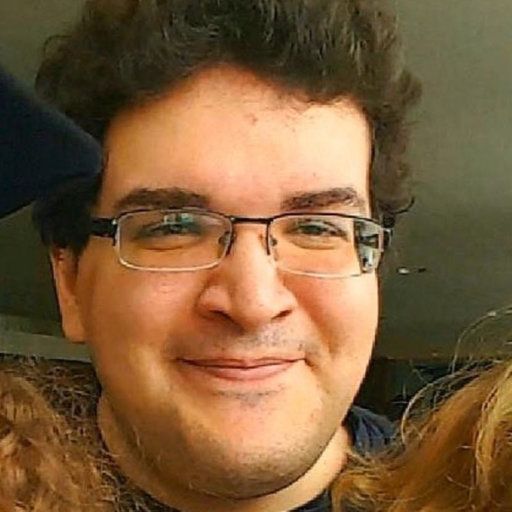
Contact information
jeries.abu-hanna@ndcls.ox.ac.uk
Oxford Haemophilia and Thrombosis Centre, Nuffield Orthopaedic Centre, Windmill Road, Oxford OX3 7LD, United Kingdom
Jeries Abu-Hanna
BSc (Hons) PhD
Postdoctoral Researcher in Acquired Bleeding/Haemostasis
Endothelial regulation of haemostasis and thrombosis in health and following traumatic injury
Biography
I graduated with a BSc in Pharmacology (First Class Honours) from the University of Bristol before completing a PhD in Cardiovascular Science at University College London (UCL), where I investigated the phenotypic and metabolic reprogramming of pulmonary arterial smooth muscle cells that underlies vascular remodelling in pulmonary arterial hypertension at the Royal Free Hospital. I then undertook a brief period of postdoctoral research at UCL, investigating the cellular mechanisms of congenital vascular malformations with a focus on the inflammatory and angiogenic potential of endothelial cells that I isolated and cultured from surgically resected lesions. During my time at UCL, I have supervised numerous BSc and MSc projects and sat on thesis committees for 4 PhD students. I was also involved in projects investigating pro-inflammatory, epigenetic changes in the intestinal macrophages of patients with Crohn's disease and the anti-fibrotic and anti-inflammatory effects of adipose-derived stem cells on fibrotic skin in patients with scleroderma and radiation-induced fibrosis.
As a Postdoctoral Researcher in Acquired Bleeding/Haemostasis in Prof Nicola Curry's group at the Oxford Haemophilia and Thrombosis Centre and Prof Robin Choudhury's group at the John Radcliffe Hospital, I am investigating the role of endothelial dysfunction (trauma-induced endotheliopathy) in driving the bleeding and clotting abnormalities (trauma-induced coagulopathy) experienced by patients with traumatic injuries. To do so, I am developing an in vitro model of trauma-induced endotheliopathy and optimising assays of secondary haemostasis to be performed on endothelial cell monocultures under static and blood flow-mimicking conditions. I use both tissue-derived endothelial cells as well as endothelial colony-forming cells cultured from the peripheral bloods of healthy donors and patients. I'm supervising Academic Special Interest Projects for graduate entry medicine students as well as Final Honours Scheme Research Projects for undergraduate entry medicine students.

